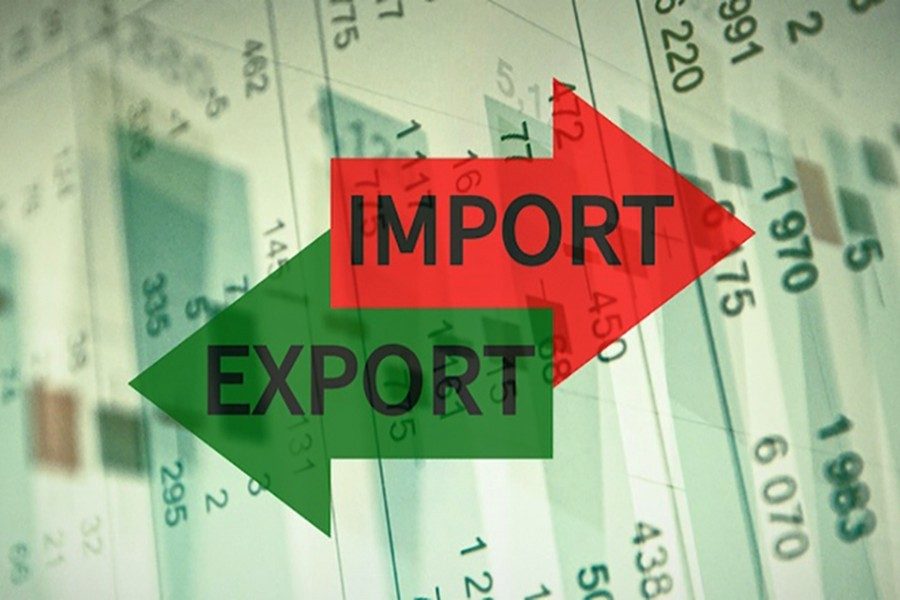Britain in its post-Brexit policy strategy has launched a new scheme to cut tariffs on hundreds of products imported to the United Kingdom from developing countries.
International Trade secretary Anne-Marie Trevelyan said the Developing Countries Trading Scheme (DCTS) goes further than the EU’s Generalized Scheme of Preferences, which the UK had previously rolled over into its statute book after leaving the bloc.
The DCTS will come into force in early 2023. British businesses can benefit from more than £750m per year of reduced import costs, leading to more choice and lower costs for UK consumers, the UK government claims.
A wide variety of products that aren’t widely produced in the UK will benefit from lower or zero tariffs – ranging from clothes and shoes to foods including olive oil and tomatoes.
Trevelyan said UK businesses will benefit from fewer trade barriers and lower costs, incentivizing them to import more goods from developing countries.
“As an independent trading nation, we are taking back control of our trade policy and making decisions that back UK businesses, help with the cost of living, and support the economies of developing countries around the world,” she said.
Marco Forgione, director general of the Institute of Export & International Trade (IOE&IT), welcomed the move, saying: “International trade has a key role to play in lifting people out of poverty, transforming communities and increasing sustainability. The UK’s new tariffs regime is an important step in achieving these goals.
“As well as reducing duties, non-tariff barriers also need to be addressed. That’s why we continue to work closely with governments and trade organizations both home and abroad to look at ways to facilitate easier trade and improve skills.
“Using technology to modernize borders and implement trusted trader schemes is the key next step in improving trade in and with developing countries.
“This is evidenced by the Trade Logistics Information Pipeline (TLIP) initiative we set up in Kenya in partnership with TMEA and the IOTA Foundation. A similar project between Kenya and the Democratic Republic of Congo which has reduced transportation from three weeks to three days.”
The DCTS covers 65 countries across Africa, Asia, Oceania and the Americas and includes some of the poorest countries in the world. As announced last year, countries qualify for the DCTS if they are within the UN’s least developed country framework or the World Bank’s measure of low-income and lower-middle-income countries.
The Independent reports examples of duty reduction including a 14% decrease for bikes from Bangladesh, 12% on T-shirts from Cambodia, 12% on baby clothes from Sri Lanka, 8% on roses from Ethiopia and 8% on onions from Senegal.
It also removes some seasonal tariffs for goods that can’t be produced can’t be grown in the UK at certain times of the year. Further, the scheme simplifies complex trade rules – including rules of origin – making it easier for businesses in developing counties to export to Britain. However according to BBC, the plans for the DCTS includes powers to suspend a country on the grounds of human rights or labor violations, as well as for not meeting their climate change obligations. Although the changes could save importers millions, the price savings for consumers may be marginal, the BBC’s global trade correspondent Dharshini David claims.







